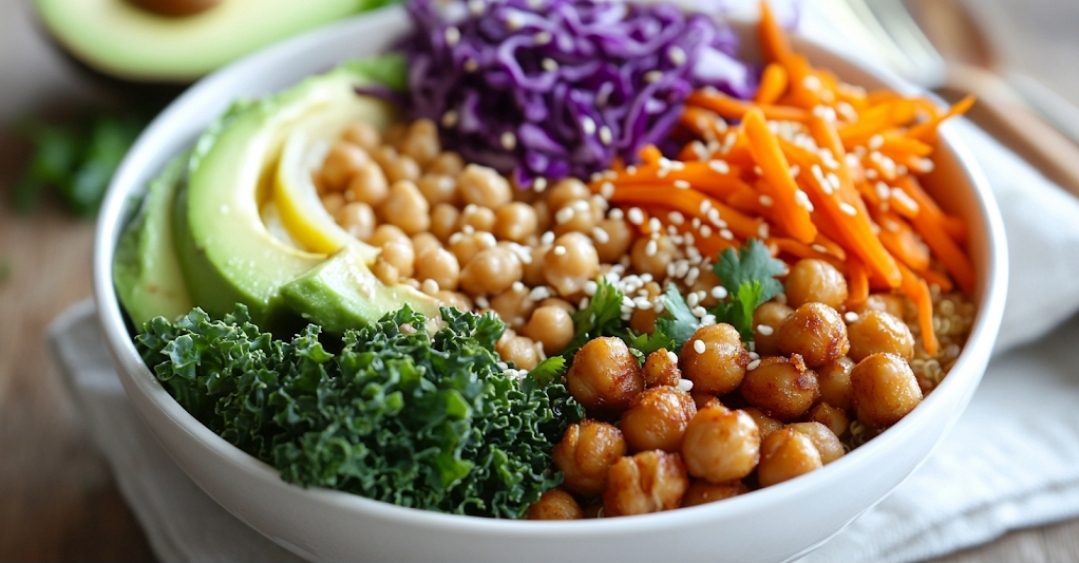Effective Tips to Manage Anxiety-Induced Nausea | Relief for Morning Sickness and Anxiety
Do you often feel sick because of your anxiety? You’re not alone. Many people who struggle with anxiety also experience physical symptoms like nausea. It can be overwhelming—feeling nauseous on top of your anxiety makes everything worse. For some, this nausea is especially intense in the morning, but it can strike at any time.
In this guide, I'll share practical tips to help manage anxiety-related nausea. While I’ve discussed similar topics before, I wanted to offer fresh strategies for you to try. Remember, if you’re feeling sick due to anxiety, you’re not alone. Thousands—if not millions—of people face this challenge daily.
How Anxiety Affects the Body
Anxiety is more than just a mental state—it affects your entire body. If you’ve ever felt sick to your stomach because of anxiety, you know exactly what I mean. Anxiety often triggers physical symptoms, particularly in the stomach. You may feel like you're going to throw up, even when you know you need to eat. Sometimes, just the thought of eating makes the nausea worse.
Practical Tips to Manage Anxiety-Induced Nausea
I want to give you some practical steps that might help alleviate that awful sick feeling caused by anxiety. Keep in mind, there's no one-size-fits-all solution. What works for someone else may not work for you, but the key is to keep trying. You’re unique, and so is your body. If one method doesn’t work, try another. Don’t give up.
1. Establish a Relaxing Nighttime Routine
One of the best things you can do is prepare your body and mind for rest, especially if your anxiety and nausea are worse in the morning. Here’s a simple routine you can try for 30 days:
30 Minutes Before Bed: Turn off all electronics—no phone, no TV—and allow your mind to start winding down. This time is dedicated to calming your body and mind, which are interconnected.
Create a Calm Environment: Find a quiet place to sit. Focus on being present, allowing yourself to unwind from the day’s stress. Listen to calming music, or use a meditation app (this is the one exception where you can use your phone).
Mindful Meditation: Focus on the present moment. Pay attention to the sounds around you, or visualize a safe, peaceful place where you feel calm and secure. Imagine what it would feel like if you didn’t experience nausea. Visualization can be powerful for soothing the mind.
By preparing yourself for rest, you’re more likely to wake up feeling less anxious and nauseous.
2. Try Progressive Muscle Relaxation
Progressive muscle relaxation involves tensing and relaxing different muscle groups in your body, helping you become more aware of physical sensations and relieving tension caused by anxiety. This can be particularly helpful in reducing nausea.
3. Stay Hydrated and Watch Your Diet
Anxiety can wreak havoc on your stomach, so it’s important to stay hydrated. Sip water throughout the day. Certain foods and drinks may make your nausea worse, so keep track of what seems to trigger it and adjust accordingly. Avoid caffeine and overly rich or spicy foods, which can aggravate nausea.
You're Not Alone in This
Anxiety and nausea are a tough combination, but you're not alone in this battle. Many people feel the same way, and it’s important to keep trying new things until you find what works for you.
Have you found something that helps with anxiety-related nausea? Please share your experiences in the comments below. Hearing what works for others can be incredibly helpful to someone struggling with similar symptoms.
Final Thoughts
If you’ve tried these strategies and are still struggling, don't lose hope. Keep exploring new techniques and don’t hesitate to seek professional support if needed. Anxiety and nausea can feel overwhelming, but with patience and persistence, you can find relief.



Comments
Post a Comment